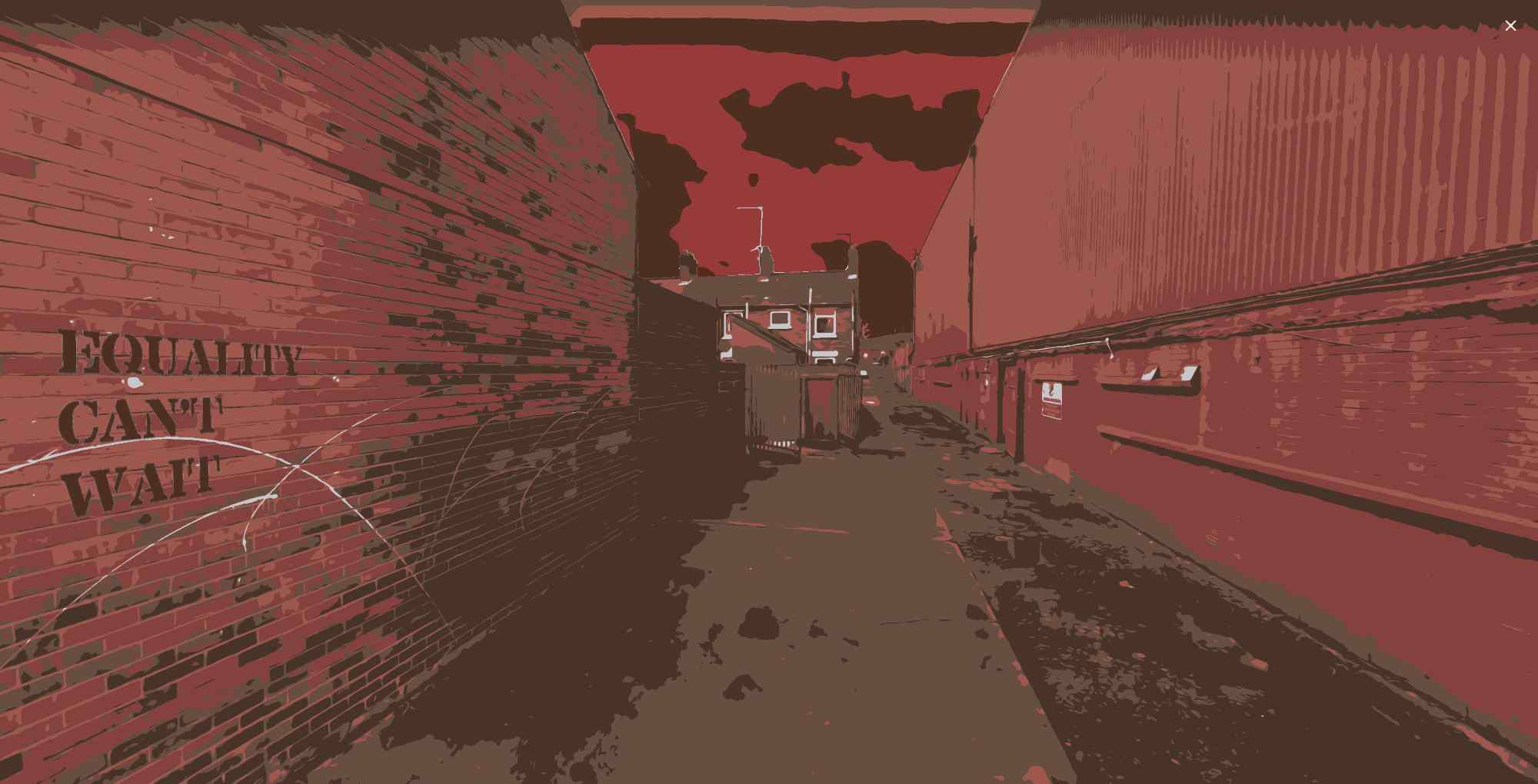
Policy Watch
An eye on policy changes in Ireland, the UK and beyond
Protection from Eviction | Social Housing Need | Rough sleeping | Asylum Seekers in Army Barracks
Protections against eviction and more social homes needed
As the end of the halt on eviction proceedings approaches – 8 March in England, 31 March in N Ireland – Inside Housing examined the lack of longer-term protections to keep people from losing their homes when they lose their incomes. It quoted a National Residential Landlords Association estimate that 800,000 private renters have gone into rent arrears during Covid-19, as have many social renters. One contributing cause is the 5-week wait for Universal Credit payments to begin; another other is the pegging of Local Housing Allowance under Universal Credit to the 30th percentile of local rents and, for under-35s, its limitation to a ‘shared room rate’. The bedroom tax and benefits cap also play a significant part. The Discretionary Housing Payment system is inadequate to cope with the urgent demand.
Authorities in Scotland called for stronger protections for private tenants after its first Covid-era wrongful eviction was overturned upon review. Shelter Scotland criticised the government for substantially reducing funding for new homes in the 2021-22 budget despite great need.
Government statistics for England indicate that between July and end September, 8,150 households with children became homeless – an increase of 28% over the previous quarter – despite measures to prevent evictions during the pandemic. Shelter reported the shortage of social homes was the main impediment to efforts at helping at risk households.
Private developers open pre-discussions with Belfast City Council about plans for 800 new homes at the Titanic Quarter in Belfast, of which one fifth are meant to be ‘social or affordable’. Scrutiny of the process continues.
Rough sleeping
As advocates continued to call for a return to the UK government’s Everyone In programme to house rough sleepers, which formally ended in March, more information emerged about people with No Recourse to Public Funds who were denied housing even in the first lockdown as staff were unaware that they could be helped under the programme. Moreover, a spokesperson for the charity Crisis said that support to people with NRPF had become “increasingly patchy and inconsistent” across the country as the pandemic continued.
Homeless charity St Mungo’s issued a report with health evidence for its call that the UK Government give rough sleepers priority access to Covid-19 vaccines.
Placing asylum seekers in army barracks: one face of the hostile environment
Seventy years on from Britain signing the 1951 Refugee Convention, Chatham House drew attention to “a clear attack on the right of asylum” by the UK government. In one example, immigration minister Chris Philp said that unaccompanied child refugees no longer have a legal route to sanctuary. Another example is the government’s decision to house asylum seekers in disused military barracks during the pandemic, reportedly in the belief that more “generous” accommodation with better conditions would “undermine public confidence in the asylum system”, at least amongst some of its supporters.
Placing vulnerable people, many of whom are fleeing trauma, into these conditions has come under fierce criticism. More broadly, analysts warned against government’s emergency Covid powers being used to embed segregation of already-stigmatised people. The British Medical Association, the Faculty of Public Health, the Royal College of Psychiatrists and Doctors of the World have urgently called for the practice to be scrapped, as have MPs, a former Tory immigration minister and 35 bishops from across the UK. The Independent Chief Inspector of Borders and Immigration has opened an inspection into this practice; its call for evidence is open until 19 February 2021.
Scrutiny of the substandard and overcrowded Napier site, intensified with news of a significant Covid-19 outbreak followed by a fire. The High Court has ruled, twice, that individuals placed there must be urgently rehoused in more suitable accommodation. Clearspring Ready Homes, the private company which runs Napier barracks, reportedly stands to earn up to £1bn over 10 years for its government work, delivering multimillion-pound benefits.
Plans by the government for private company Serco to build prefabricated asylum seeker lodging on the grounds of the remote Yarls Wood immigration detention centre in Bedfordshire were scrapped following opposition including legal action and an open letter by local faith and civic leaders.
Fire safety in residential tower blocks
Three and a half years after the Grenfell fire, the UK government announced additional funds to remove and replace dangerous cladding on residential buildings. The bill will be paid by taxpayers and, in low- and medium-rise buildings, by leaseholders; under the scheme no contributions will be levied against builders, developers or manufacturers. The cost of works to rectify other, non-cladding fire safety breaches, such as fire breaks and compartmentation failures, are not included in the deal; and people in co-ownership schemes are not eligible.
The head of Belfast City Council’s Building Control told a Stormont Finance Committee review of building regulations that NI’s fire safety regulations are ‘weak’ and need reinforced, particularly to bar the use of flammable cladding materials and to mandate sprinkler systems in residential blocks.
Holding NI Ministers to account
MLAs’ questions to the Department for Communities covered the number of tenant complaints regarding damp from each social housing provider and the temporary accommodation provided for people who are homeless. Answers are pending.
Housing Executive figures made public in response to a NI Assembly question revealed that as of the start of September, there had been 234 cases of people who had been intimidated out of their homes in 2020. Of these, 64 were in Belfast and 22 in Derry City and Strabane district councils.
Five years after a group of Syrian refugees were provided with “temporary” accommodation in Londonderry, Many of the 13 Syrian families in Derry, arrived five years ago under a UK refugee resettlement scheme, report that they are still in unsuitable temporary accommodation that is cramped and filled with damp and mould.
